
Is your lawn appearing dull, with patches of brown grass overshadowing the vibrant green you long for? Don’t lose hope just yet – there’s a chance to breathe new life into your seemingly “dead” lawn. Discover how to revive it with these simple and effective lawn care tips:
Lawn Care Tips: Dealing With A Dead Lawn
Understanding the Problem
Appearances can be misleading, especially when it comes to your lawn. If you’re located in a warmer climate and notice your lawn turning brown during the winter, it might not be a cause for concern. This could be a natural dormancy, and your lawn should regain its lush greenery by the time spring arrives.
On the other hand, if you’re in cooler climates and witness your grass browning during the summer, it could be due to heat and inadequate water. Don’t disregard these signs, as they could lead to long-lasting damage. If you suspect other underlying issues, such as pet urine spots or soil problems, it’s wise to investigate further and seek advice from local lawn care experts.
Preparing Your Lawn
Timing is crucial for reviving your lawn, and the early spring and fall seasons are ideal for this endeavor. Begin by tackling weeds that have managed to infiltrate your lawn while it is struggling. Weeds compete with your grass for essential resources, so removing them is a crucial step. Afterwards, give your grass a trim to a shorter length and clear away any debris or dead growth. This paves the way for the subsequent steps to work effectively.
Applying the Right Treatment
Revitalizing your lawn involves a comprehensive treatment that addresses its various needs: seeds, fertilizer, and soil enhancement. This holistic approach ensures that your lawn gets the care it needs to thrive once again:
- Smart Seed Grass Varieties: Embrace specialized grass varieties that demand less water and boast extended periods of vibrant green. These grasses are designed to flourish in various conditions.
- Quality Fertilizer: Choose a fertilizer rich in nitrogen – a key nutrient that fuels robust and healthy grass growth. The right fertilizer will visibly improve the color and texture of your lawn.
- Enhancing Soil Health: A premium soil enhancer helps optimize the soil’s structure, ensuring that the grass roots can establish themselves firmly and absorb essential nutrients.
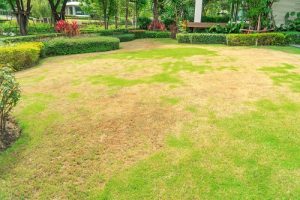 Application is simple – use a common lawn spreader and follow the provided instructions to ensure even distribution.
Application is simple – use a common lawn spreader and follow the provided instructions to ensure even distribution.
Consistent Watering is Key
Water plays a pivotal role in bringing your lawn back to life. Consistent moisture is essential for grass seed germination and the establishment of healthy roots. Water your lawn daily, and consider increasing frequency to twice a day if needed.
Continue this regimen until your new grass reaches a height of about 3 to 4 inches, signaling that it’s ready for its first mow. Transition gradually to a regular watering schedule, providing about 1 inch of water per week.
Sustaining Your Lawn’s Well-Being
Once your lawn is thriving again, your efforts don’t stop there. To maintain its newfound vitality, follow these best Conway lawn care practices:
- Regular Mowing: Keep your grass at the recommended height, avoiding the temptation to cut too much at once.
- Adapting Watering: Adjust your watering routine based on weather conditions, accounting for rainfall and drought.
- Quality Fertilization: Feed your lawn with premium fertilizers to nourish its growth, ensuring you follow safety guidelines when applying around children and pets.
- Continued Learning: Explore online resources and Conway lawn care tips from the pros like Conway Lawn Care Service to enhance your lawn care knowledge, staying informed about the latest practices.
- Planning Ahead: Mark your calendar for future seasons, ensuring you stay proactive in nurturing your lawn’s health.
By embracing these steps, you can transform your seemingly “dead” lawn into a vibrant and flourishing landscape once more. Our commitment to providing top-notch products and guidance ensures you have the tools you need for success. Your lawn’s journey from lifeless to thriving starts here.
Call Conway Lawn Care Service now. Our team will take good care of your lawn.
Like our Facebook page for more great info about lawn maintenance.
Conway Lawn Care Service
Conway, SC 29526
843-353-2259
http://conwaylawncareservices.com/

 Many common weeds, like crabgrass and dandelions, complete their life cycles within a single growing season. Spring sees them sprouting from seeds, with summer being their time to shine and propagate. As the season progresses, they produce more seeds that will lay the groundwork for next year’s invasion. The acceleration of this cycle during summer is due to the optimal growing conditions.
Many common weeds, like crabgrass and dandelions, complete their life cycles within a single growing season. Spring sees them sprouting from seeds, with summer being their time to shine and propagate. As the season progresses, they produce more seeds that will lay the groundwork for next year’s invasion. The acceleration of this cycle during summer is due to the optimal growing conditions.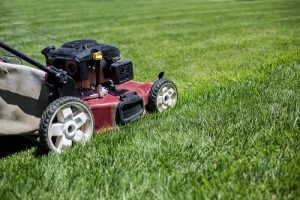 Defending against grub infestations hinges on upholding the health of your lawn. Employ meticulous practices such as consistent watering,
Defending against grub infestations hinges on upholding the health of your lawn. Employ meticulous practices such as consistent watering,  With summer’s invitation to bask in outdoor activities, your lawn transforms into a bustling arena for joyous gatherings, spirited games, and exuberant play. However, the increased foot traffic and rigorous activities can subject your lawn to undue stress.
With summer’s invitation to bask in outdoor activities, your lawn transforms into a bustling arena for joyous gatherings, spirited games, and exuberant play. However, the increased foot traffic and rigorous activities can subject your lawn to undue stress.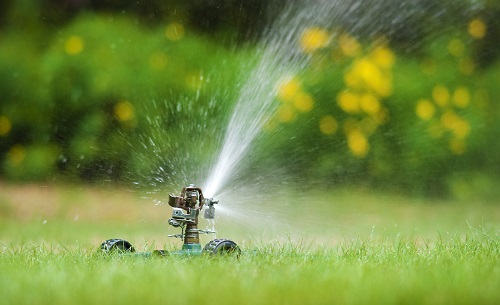
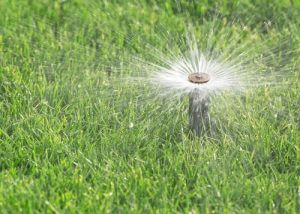 Timing is Everything
Timing is Everything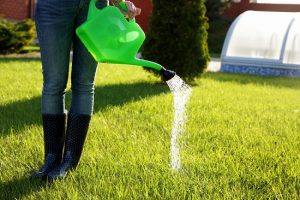 Factors such as turf type, soil quality, and environmental conditions influence watering frequency. Fescue, among cool-season grasses, boasts deep roots and high tolerance to drought. Warm-season grasses like Zoysia and Bermuda are equally endowed, requiring less water. Remember, the heat, drought, low humidity, and high winds dictate higher watering needs.
Factors such as turf type, soil quality, and environmental conditions influence watering frequency. Fescue, among cool-season grasses, boasts deep roots and high tolerance to drought. Warm-season grasses like Zoysia and Bermuda are equally endowed, requiring less water. Remember, the heat, drought, low humidity, and high winds dictate higher watering needs.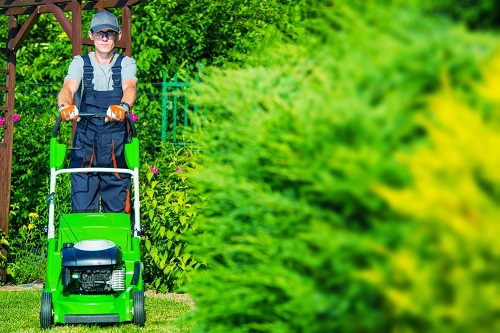
 When hiring a professional providers, several factors should be considered. Verify their experience and capability in performing comprehensive lawn maintenance tasks. This includes tasks like mowing, weeding, edging, and feeding. Additionally, inquire about services such as pest control, seeding, and landscaping. Select the services that align with your regular requirements and request quotes for any additional services you might need.
When hiring a professional providers, several factors should be considered. Verify their experience and capability in performing comprehensive lawn maintenance tasks. This includes tasks like mowing, weeding, edging, and feeding. Additionally, inquire about services such as pest control, seeding, and landscaping. Select the services that align with your regular requirements and request quotes for any additional services you might need.
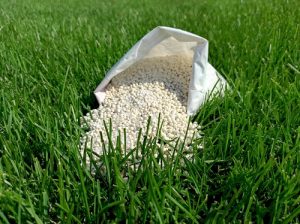
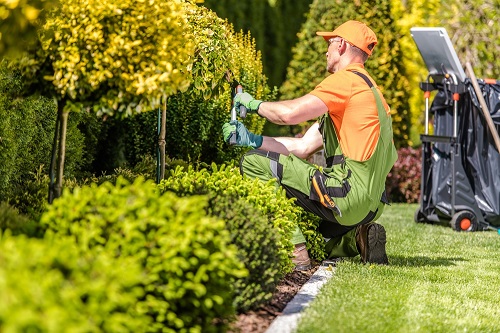
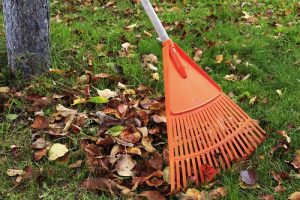 How Much Landscaping Do You Need?
How Much Landscaping Do You Need?